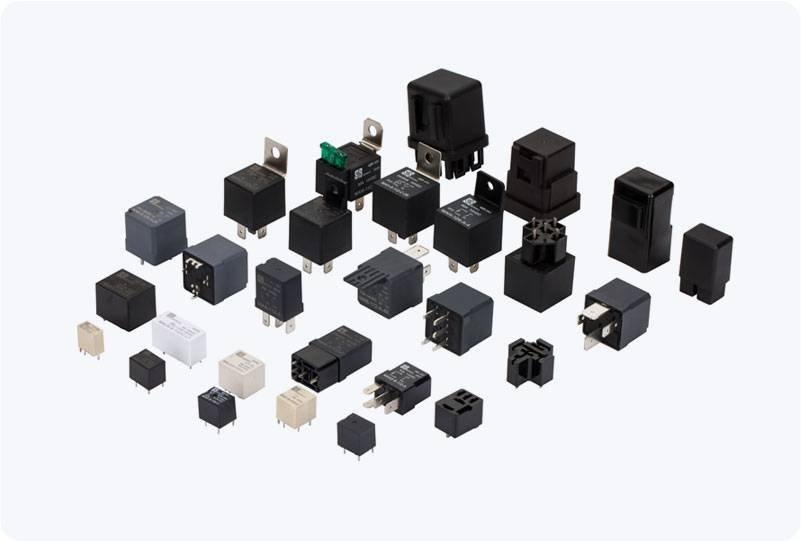the importance of electric vehicle high voltage relay in modern ev systems
Release time:2025-06-28 08:19:55
Electric vehicles (EVs) are revolutionizing the transportation industry, offering an eco-friendly alternative to traditional vehicles powered by internal combustion engines. One of the critical components in an electric vehicle’s system, particularly in ensuring safety and efficiency, is the high voltage relay. These relays play a pivotal role in managing the high-voltage power systems of electric vehicles, ensuring that power is distributed safely to the various electrical components. In this article, we will explore the function, importance, and technological advancements of electric vehicle high voltage relays.

The Role of Electric Vehicle High Voltage Relays
At the heart of an EV’s electrical architecture is the high-voltage battery, which typically operates at voltages ranging from 200V to 800V, depending on the model. These batteries supply power to various components, including the motor and onboard electronics. However, working with such high-voltage systems comes with inherent safety risks, which is where high voltage relays come into play.
The primary function of an electric vehicle high voltage relay is to act as a switch for controlling the flow of high-voltage electricity between the battery and the rest of the vehicle's electrical system. When the vehicle is in use, the relay ensures that power is delivered to the motor and other components as required. In the event of an emergency, such as a crash or when the vehicle is turned off, the relay can safely disconnect the high-voltage battery, preventing any potential hazards from electric shocks or fires.

